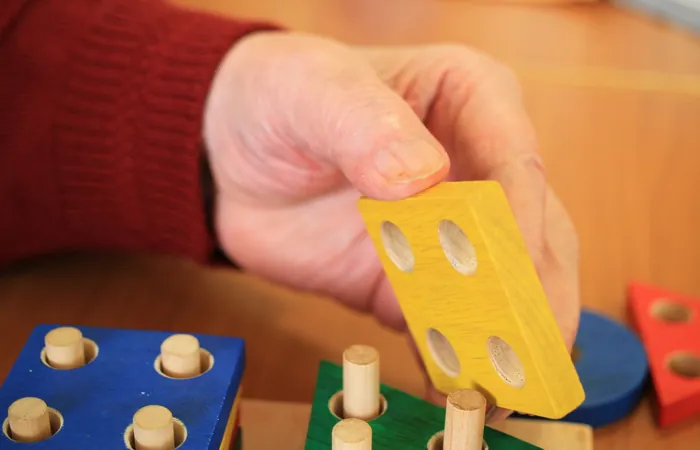
New Study Reveals Surprising Connection Between Naps and Motor Skill Recovery After Brain Injury
2024-11-18
Author: Ming
New Study Reveals Surprising Connection Between Naps and Motor Skill Recovery After Brain Injury
A groundbreaking study conducted by scientists at the Kessler Foundation has unveiled significant insights into the crucial role of sleep in motor learning for individuals recovering from traumatic brain injury (TBI). This research emphasizes that even a brief nap can dramatically enhance the brain's ability to improve motor skills, and it has exciting implications for rehabilitation strategies.
The study, titled "Neural mechanisms associated with sleep-dependent enhancement of motor learning after brain injury," was published in the Journal of Sleep Research and led by Dr. Anthony H. Lequerica and his team, including researchers from Weill Cornell Medicine, New York.
In this unique experiment, 32 individuals with TBI were randomly divided into two groups—one that took a 45-minute nap after practicing a motor task, and another that stayed awake, engaging in a documentary. The results were astonishing; those who napped displayed significant improvement in their motor performance compared to their counterparts who stayed awake.
Using advanced functional magnetic resonance imaging (fMRI), researchers monitored brain activity before and after the tasks. The findings revealed that the napping group not only performed better but also exhibited neural changes suggesting that sleep aids in the automatization of motor tasks. Dr. Lequerica explained, "Our data indicates that practiced motor tasks are enhanced during sleep, with reduced activation in regions such as the anterior cingulate and cerebellum. This reduction signifies a more effortless retrieval of learned motor sequences."
The implications of this research extend far beyond just a simple nap. It paves the way for developing tailored rehabilitation programs that incorporate sleep strategies aimed at improving outcomes for patients with brain injuries. Napping could become a key component in rehabilitation, helping patients regain functional abilities more efficiently and effectively.
This study could revolutionize how rehabilitation is approached for TBI patients, providing a simple yet powerful tool to facilitate recovery. As awareness grows about the importance of sleep in various aspects of recovery, there is hope for better rehabilitation methods that harness this newfound understanding.
As we move forward, healthcare professionals are encouraged to consider the strategic inclusion of napping into treatment plans, potentially transforming lives by enhancing recovery through the power of sleep.


 Brasil (PT)
Brasil (PT)
 Canada (EN)
Canada (EN)
 Chile (ES)
Chile (ES)
 España (ES)
España (ES)
 France (FR)
France (FR)
 Hong Kong (EN)
Hong Kong (EN)
 Italia (IT)
Italia (IT)
 日本 (JA)
日本 (JA)
 Magyarország (HU)
Magyarország (HU)
 Norge (NO)
Norge (NO)
 Polska (PL)
Polska (PL)
 Schweiz (DE)
Schweiz (DE)
 Singapore (EN)
Singapore (EN)
 Sverige (SV)
Sverige (SV)
 Suomi (FI)
Suomi (FI)
 Türkiye (TR)
Türkiye (TR)